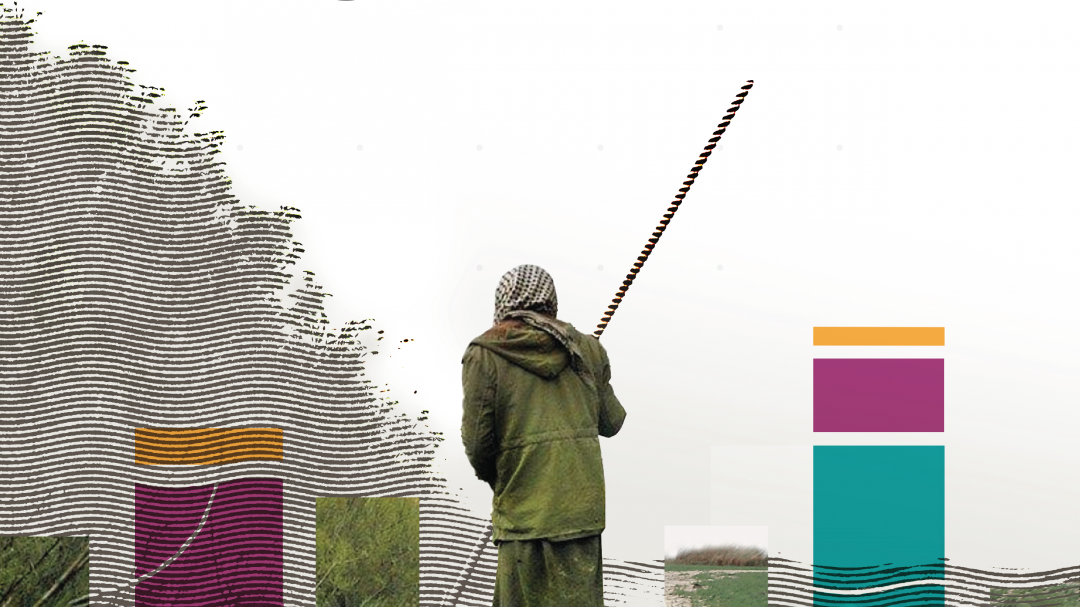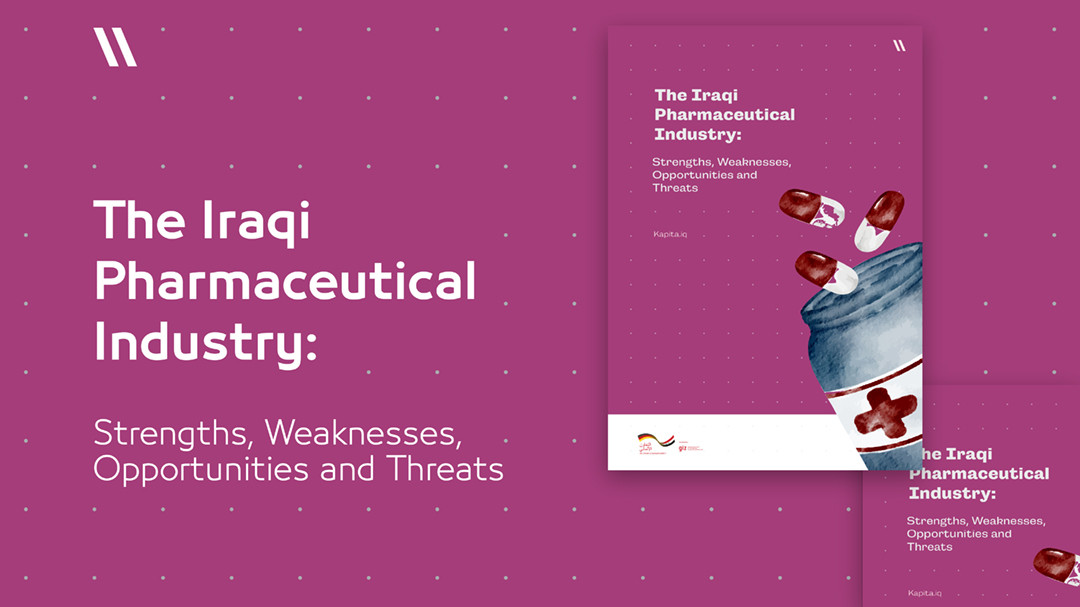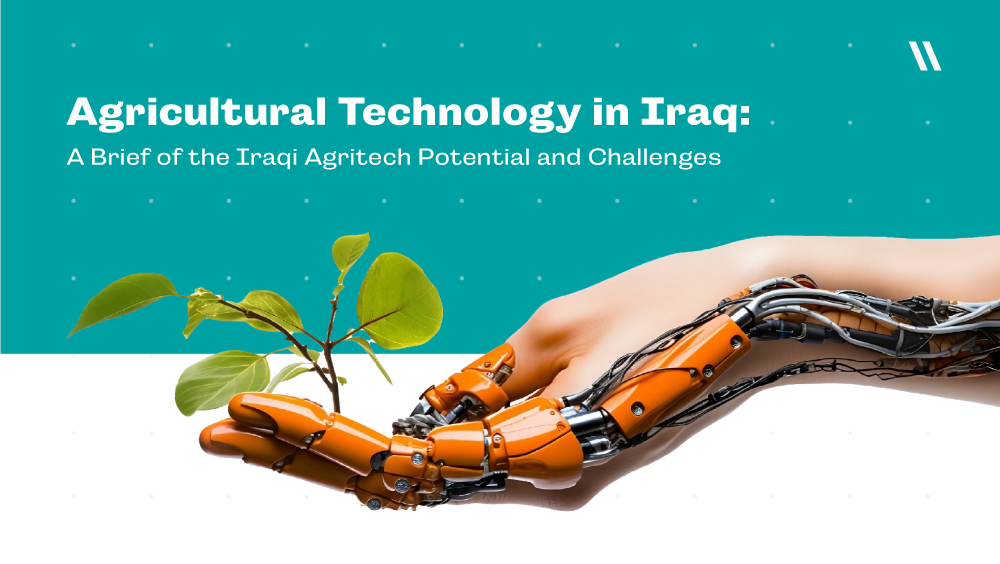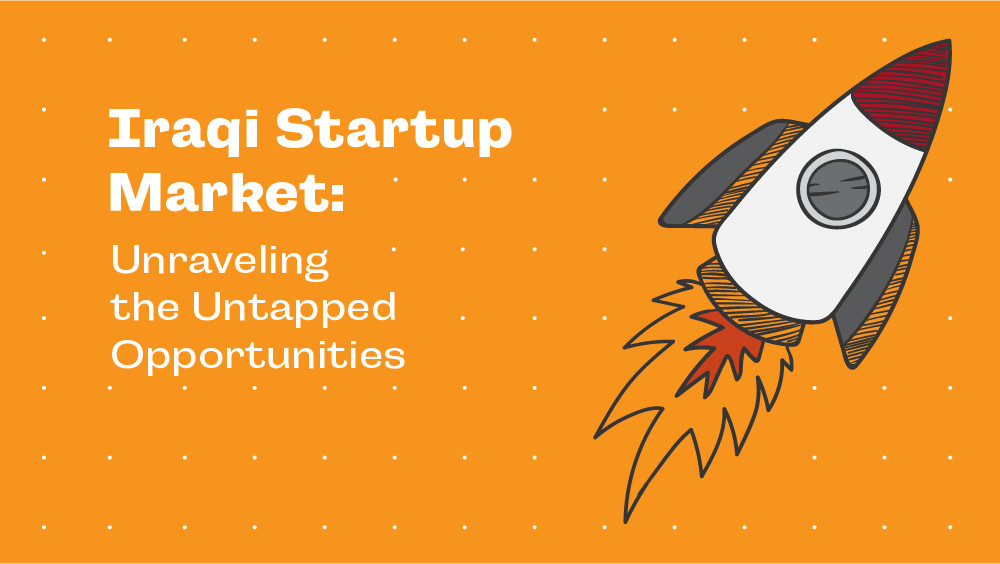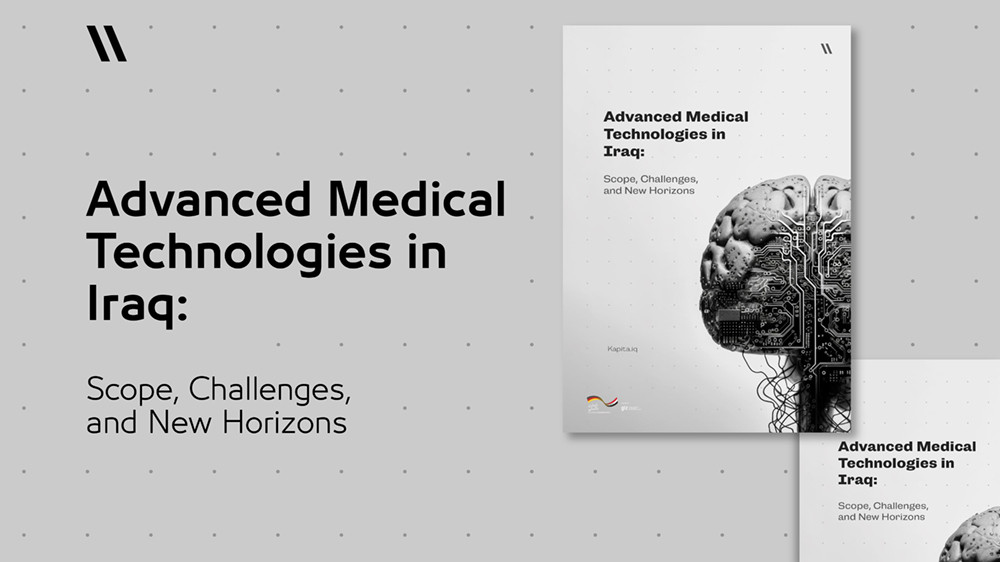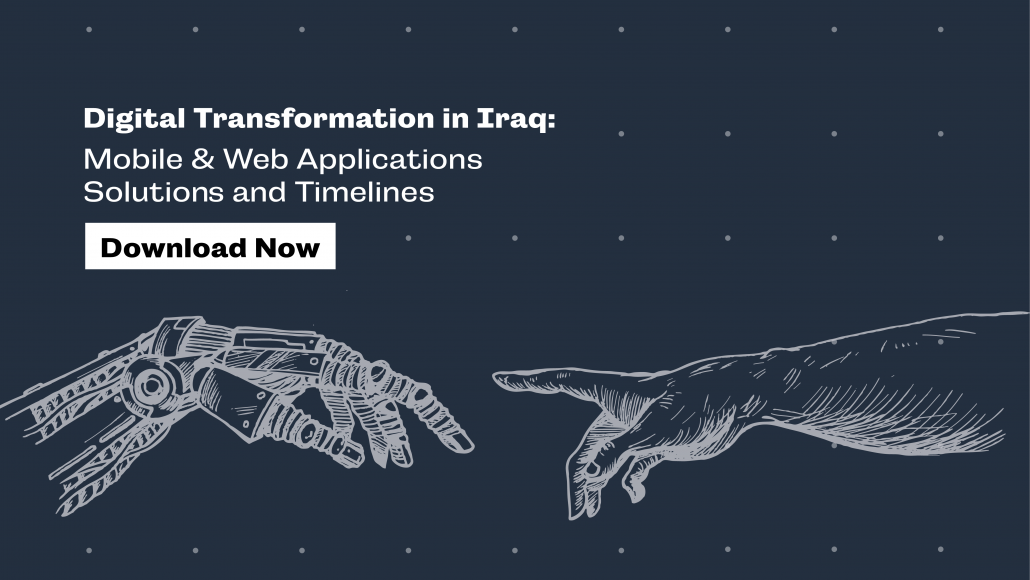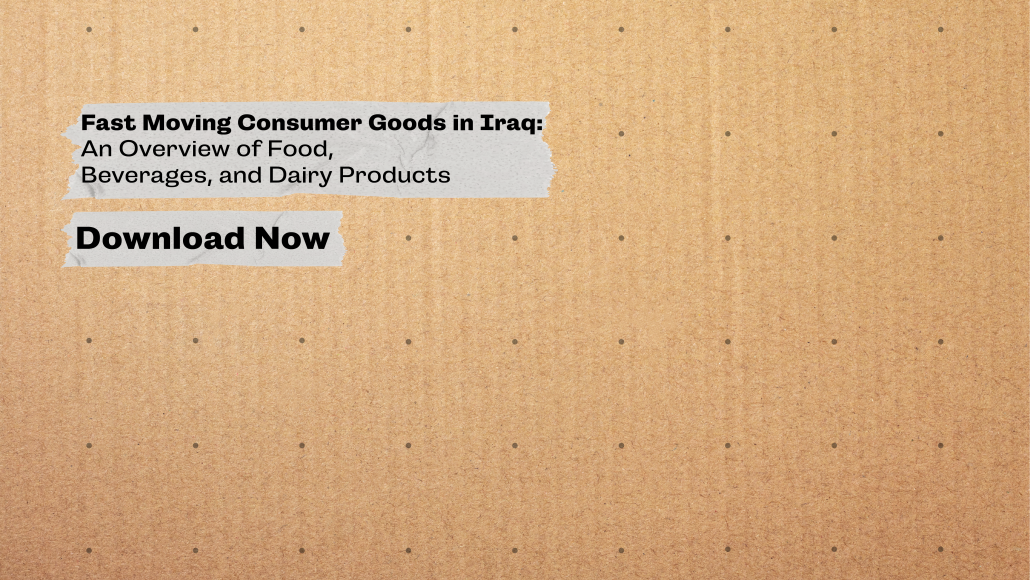Iraq as a country has been severely impacted by climate change, and it has recently been labeled as a climate risk country (IOM, 2022). The situation demands a concerted effort from all relevant parties to address issues related to food security, water scarcity, environmental degradation, public health, and infrastructure improvement. To catalyze transformational change in Iraq, all stakeholders, including government agencies, civil society, and the private sector, must engage in climate action.
However, identifying the responsibilities of each stakeholder is crucial to promoting their engagement and collaboration in climate change mitigation and adaptation efforts. This is where stakeholder mapping comes in. By assessing the influence and responsibility level of each stakeholder group, we can shape the local climate change agenda and modify the holistic image of committed actors in tackling climate change.
At its core, stakeholder mapping is about identifying all active stakeholders with a stake in legal obligation, practical function, contribution, or effort associated with climate change mitigation and adaptation measures and technology deployment. This includes not only traditional stakeholders like government agencies, NGOs, and industry associations but also non-state actors like civil society organizations, academic institutions, and the private sector.
The mapping process involves several steps, including identifying relevant stakeholders, assessing their influence and responsibility level, and developing strategies to engage and collaborate with them effectively. By mapping stakeholders, we can better understand their roles and responsibilities in the development and implementation of climate action plans and measures.
The ultimate goal of stakeholder mapping is to encourage integration and collaboration between all actors to achieve transformational change in Iraq's energy, agriculture, cities, and industry sectors. By leveraging the strengths and expertise of all stakeholders, we can drive progress towards a more sustainable future in Iraq.
By working together, we can achieve transformational change in Iraq and mitigate the worst effects of the climate crisis.
